Hilversum/Amersfoort
Monday evening July 5th was the moment! Eight new practical trainers in Men’s Trade received their coveted Mentor certificate from coordinator Kaj Moll and director Rob Versteeg. With this certificate, they meet all strict requirements set in the Netherlands for supervising students and trainees within work placement companies.
With the certification of this first group, an intensive project is successfully concluded. The field in which these practical trainers function is relatively new and until recently there was no specific training for the barbershop alone. The MBO College Hilversum has played a pioneering role in this. Training manager Annelies Verweijen confirms the innovative character of the training ‘It is the first time that we organize this training for young people at level 2 (EQF). These young people are often not of Dutch descent and sometimes have been in our country for a relatively short time. The inclusion of these young people in Dutch society naturally requires a thorough education. With this project, we enabled them to obtain a first formal qualification’.
The Men’s Vocational Education (MBO) course lasts about a year and a half and consists of a system of learning and working. Two days a week the students follow theoretical and practical education at the MBO College and three days a week they do an internship in a (learning) company.

This training company has an extremely important role within the training. After all, you learn a profession in practice! Within the work placement company, they are supervised by a mentor; an experienced colleague who can teach them the tricks of the trade. Due to the innovative nature of the training, supervising students in practice was a completely new experience for these mentors. From their background – in terms of education and work experience – it was therefore important to organize training specifically aimed at their role. This training was organized during the last quarter of 2020 and the first quarter of 2021.
The participants, all owners of, or managers in, a barbershop, are prepared in a practical way for a professional interpretation of their role as practical trainer/mentor. Naturally, it was explained to them how vocational education functions in the Netherlands. In addition, themes such as training planning, giving instructions, working from learning styles, conducting evaluation interviews and assessing students were extensively discussed. The training was concluded with a competency assignment within their own company in which the prospective practical trainer had to demonstrate his or her competencies.
The training has given participants new insights. As Antheney Reit puts it, ‘I didn’t realize there was so much involved. Only now do I know how important my role is in the training and supervision of our intern. I have been in the Netherlands for over 20 years but should have done this much sooner’. Naydisha Richardson stated ‘this training has given me a lot of new insights. My life is different now, as a trainer, but especially as a manager! It was so educational.”
My life is different now, as a trainer, but especially as a manager! It was so educational
The training project has also achieved the better inclusion of a group of people – students and their practical trainers – with a different cultural background and education, in Dutch vocational education. This is an important step forward in the process of integrating these target groups. The training of both students and practical trainers is offered in the Dutch language. Because the level of language proficiency was not sufficient for every participant, a Dutch language program was offered within the project.
The project will almost certainly be continued in the next school year. After all, the number of barbershops in the Netherlands, and thus the Men’s profession, continues to grow rapidly. The training of students and the training of practical trainers will therefore certainly meet a need. All those directly involved are excited to get back to work with a new group. In addition to integrating these groups with a different cultural background into the Dutch education system, work is also being done on the upskilling of a group of entrepreneurs, so that they can take up their role as entrepreneurs and educators with more confidence.
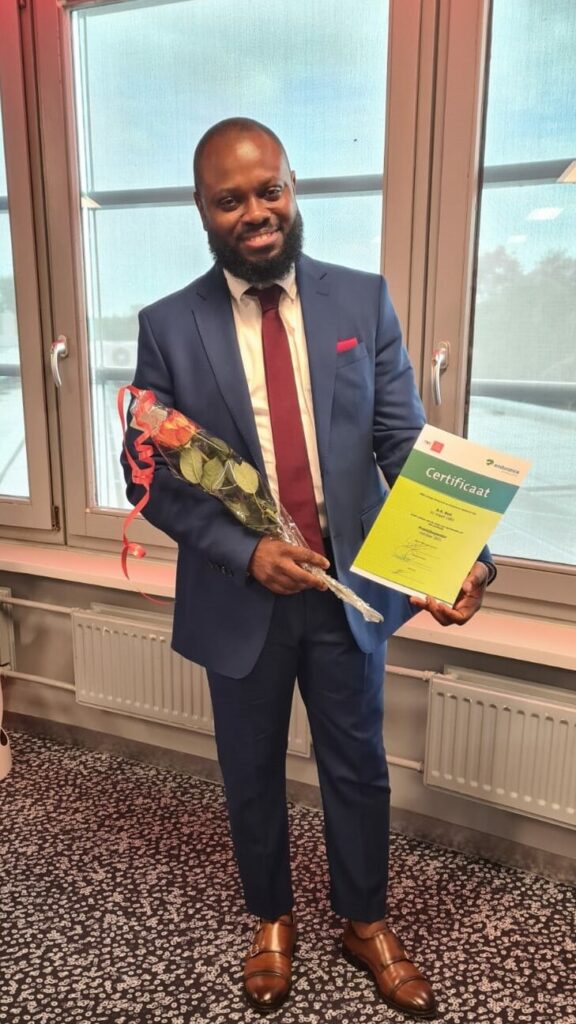
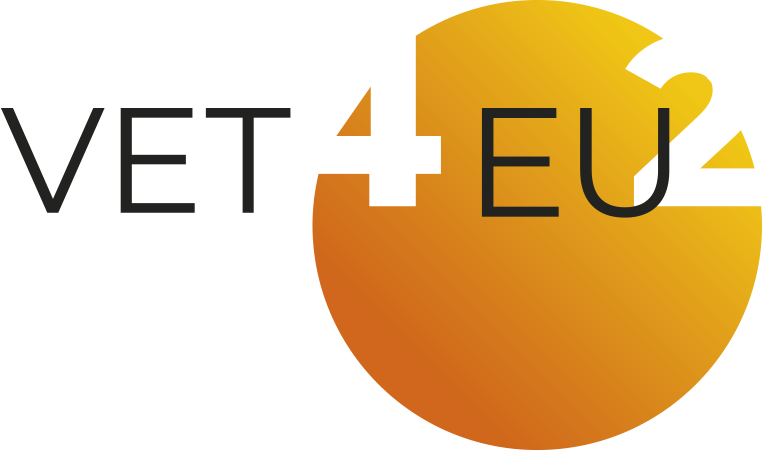
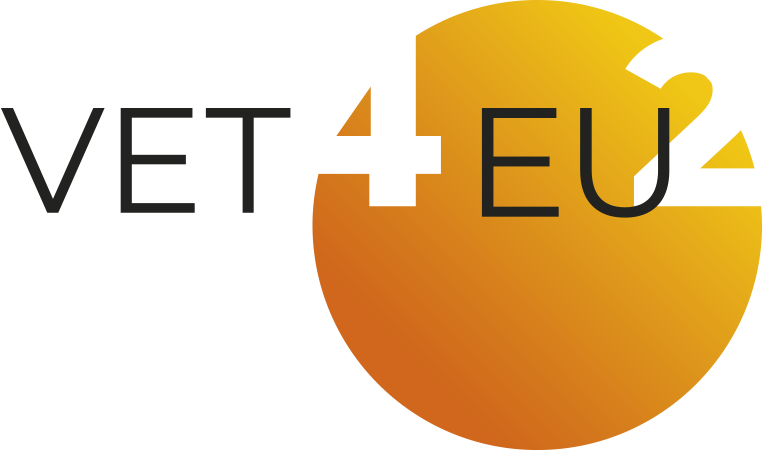

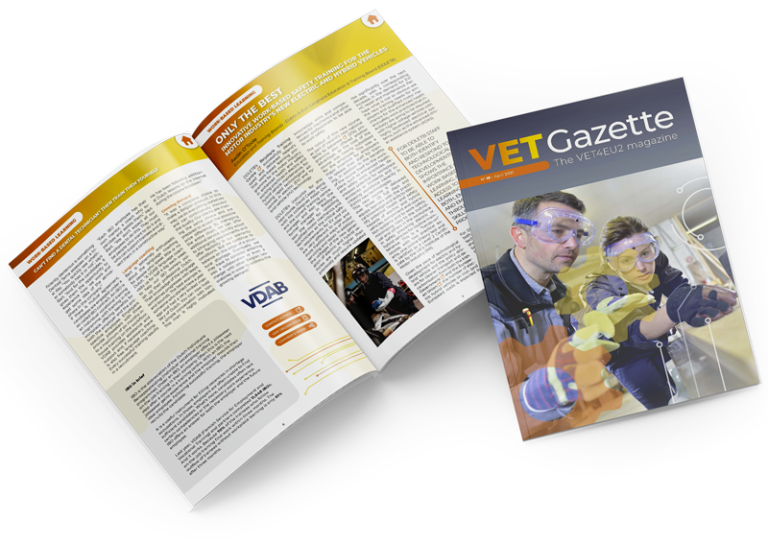

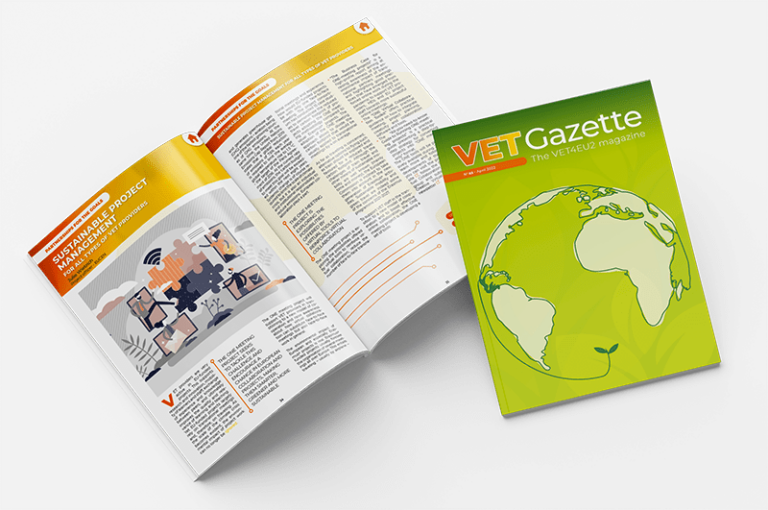
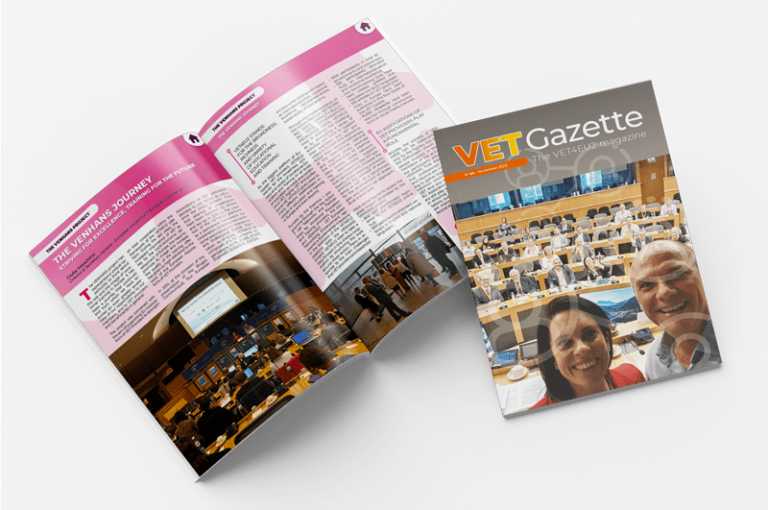

Responses